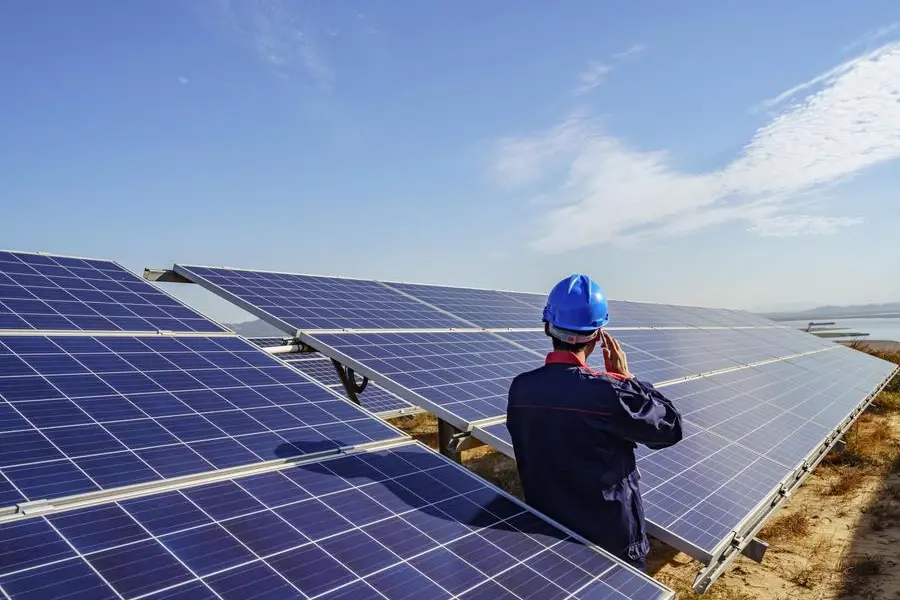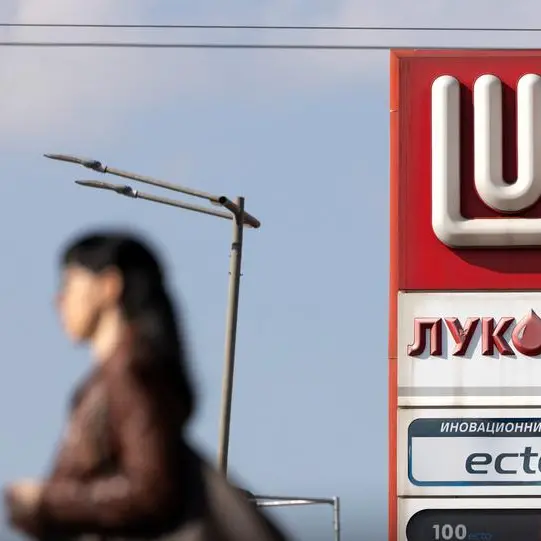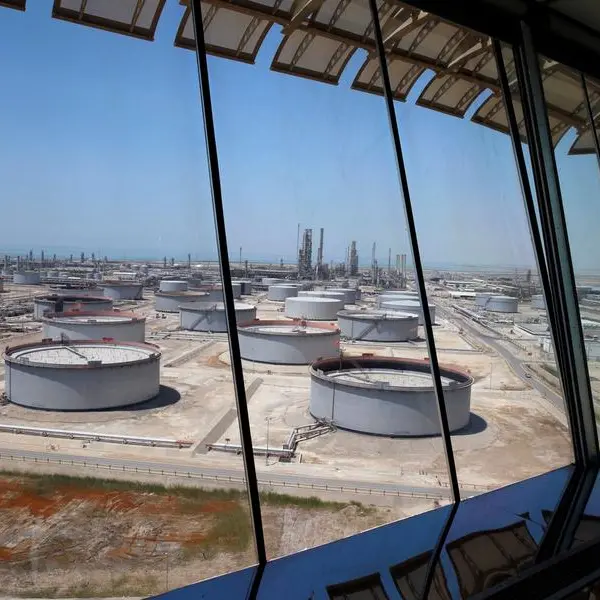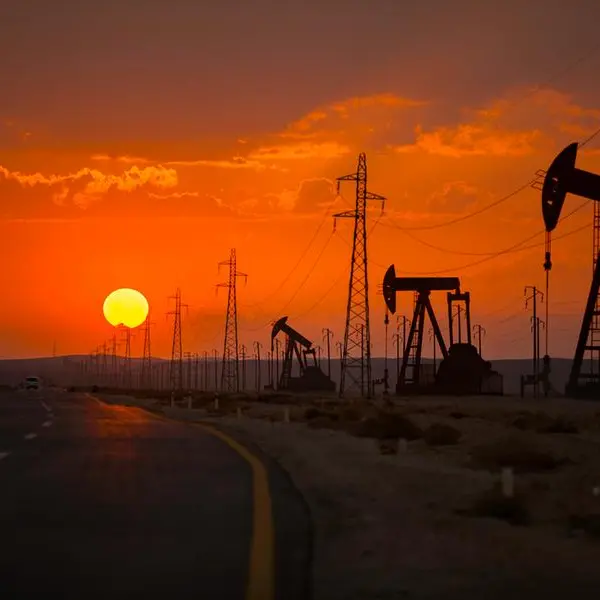PHOTO
The Philippines recently achieved a significant milestone in its renewable energy (RE) transition with a landmark $600-million investment deal from Actis, a leading UK-based sustainable infrastructure investor, for the Terra Solar project.
This marks the country's largest foreign direct investment in a greenfield infrastructure project and sends a powerful message to the global community as it demonstrates the Philippines' strong commitment to a sustainable and green future.
Once fully commissioned, Terra Solar is expected to become the world's largest integrated renewables and energy storage facility. Meralco's SP New Energy Corp. (SPNEC) and Actis will jointly develop the project that is hailed as 'one of the most ambitious renewable energy projects the world has ever seen,' according to Meralco chairman and CEO Manuel V. Pangilinan.
Terra Solar is set to largely contribute to the Philippines' energy security efforts with 3,500 MWp of installed PV capacity and 4,500 MWh of installed battery energy storage system capacity. It is also capable of producing the country's largest mid-merit RE generation capacity of 850 MW.
To put context into just how significant this development is, Terra Solar will have the capability to power over two million households, marking a substantial leap forward in the nation's pursuit of cleaner, greener energy.
The project is directly aligned with the Department of Energy's target of sourcing 35 percent of the country's energy from renewable sources by 2030. The country is also pursuing a more aggressive goal to increase that share to 50 percent by 2040.
Once operational, the Terra Solar project is expected to displace 4.3 million tons of coal annually, substantially reducing the country's greenhouse gas emissions.
Though the Philippines is a relatively low emitter of greenhouse gases, it can make a significant contribution to global efforts against climate change through the development of large-scale RE projects like Terra Solar.
As one of the countries most vulnerable to the effects of climate change, it is imperative for the Philippines to invest in and develop RE projects like Terra Solar. Initiatives like these have a critical role in our fight against global warming, while delivering practical and extensive benefits for both energy security and economic growth.
In the post-pandemic era, embracing sustainability has emerged as a global priority, with industry leaders around the world driving the transition to cleaner, greener energy.
For the Philippines, this development must ensure that there is a delicate balance: protect and preserve current gains without compromising growth opportunities for future generations. However, one thing is clear - RE is the way forward. Solar projects, in particular, are among the least-cost renewable development options.
Increasing the share of renewables in the country's energy mix will reduce the country's vulnerability to volatile global fuel prices and aid in efforts to ensure stable, sufficient, and affordable electricity for Filipinos. In turn, this stability will boost economic activity, attract more foreign investments, and drive substantial economic growth to further accelerate the country's transition to green energy.
The development of the Terra Solar project brings with it a multitude of benefits for the Philippines. These include advancing job creation - particularly in Central Luzon communities - as well as enhancing energy security and fostering environmental sustainability.
Terra Solar also positions the Philippines as a regional and global leader in green energy, instilling national pride for Filipinos everywhere in the world. This also becomes a compelling invitation for RE investors.
From environmental to economic gains, harnessing the full potential of RE - particularly solar - can significantly benefit the Philippines. Through maximizing the wealth of opportunities that solar energy brings, the country can ensure a brighter, more sustainable energy future for all Filipinos.
Copyright © 2022 PhilSTAR Daily, Inc Provided by SyndiGate Media Inc. (Syndigate.info).





















